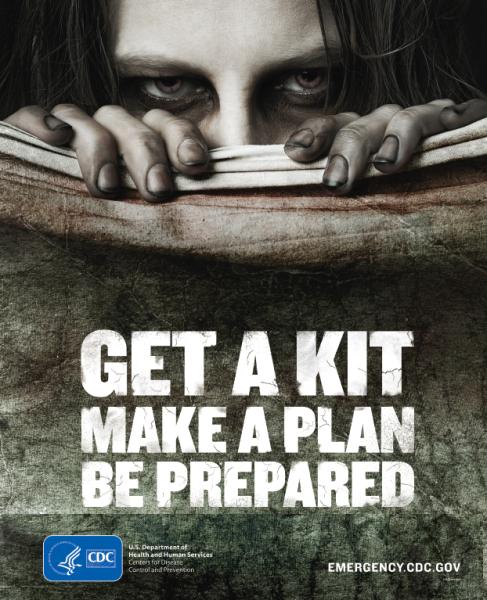Being a surgeon who has cared for a range of motor vehicle accidents, gunshot wounds, stabbing, and even a fellow severely bitten by a horse, my response to horror movies is a family joke. I was the only family member not able to watch as Nazis dissolved into skeletons in Indiana Jones and the Lost Ark – it remains a fact that can and is used against me. So this paper from Personality and Individual Differences made me wonder, why can I deal with real blood and guts, and real-life and death, but on the big screen, it freaks me out?
There is an underlying physiology that begins with mirror-neurons. These are neurons that fire when we carry-out particular actions or thoughts and fire when we see those actions or experience those thoughts in stories, written or visual. Those neurons allow us to share experiences indirectly, to give us practice with our responses in safer settings – it is a mechanism for physiologic rehearsal. The researchers wanted to know whether movie choice could act as that type of rehearsal for the real thing, in this case, the COVID-19 pandemic.
“Horror fiction allows people to safely and frequently experience fear, which is typically experienced in the presence of real danger. By eliciting fear in a safe setting, horror fiction presents an opportunity for audiences to hone their emotion regulation skills.”
The researchers questioned some 300 adult volunteers determining their film preferences, their experience with pandemic movies, and a “resilience” scale they developed to gauge participant concerns, anxieties, and confidence in our current situation. The study was done back in March, early in the pandemic, so apply as many grains of salt as you feel necessary. For the study, the researchers were interested in movie genres involving pandemics, viral, alien, or zombies – what they described as “prepper” movies. They wanted to determine how much psychological stress was experienced, how prepared for societal changes we might be, and how resilient, turning that frown upside down, we were.
- Being a horror movie fan didn’t make you more resilient or prepared, but it did result in less psychological distress from the real pandemic.
- Being a prepper movie fan made you more prepared for real-life chaos and disruption, e.g., the lack of toilet paper and foodstuffs, one might suppose, but not more resilient – you still could be a bit depressed or discouraged.
- Watching pandemic movies was associated with greater resilience. Perhaps some enjoy wallowing in despair. [1] The researchers found that this group had greater “morbid curiosity,” you know, the desire to poke the roadkill with a stick and maybe even touch it.
Stories, as it turns out, can prepare us for real life. That helps explain fandom for fictional work, be it Louisa May Alcott’s Little Women, book or movie, same for J.K. Rawlings Harry Potter, and evidently even for the CDC and the Zombie Apocalypse. Horror stories help us reduce our psychological stress; once we vanquished Predator, COVID-19 may not be as stressful; but we still do not know the best way to control Predator or COVID-19 in our lives. On the other hand, those of us with a morbid curiosity can find the silver lining to the COVID-19 cloud. We might recoil with horror for a moment, but then curiosity kicks in, and we start baking bread, lots of bread.
[1] It is reminiscent of the line from Armageddon, a Bruce Willis movie about an asteroid about to destroy the earth, “It’s time to embrace the horror.”
Source: Pandemic practice: Horror fans and morbidly curious individuals are more psychologically resilient during the COVID-19 pandemic Personality and Individual Differences DOI: 10.1016/j.paid.2020.110397




